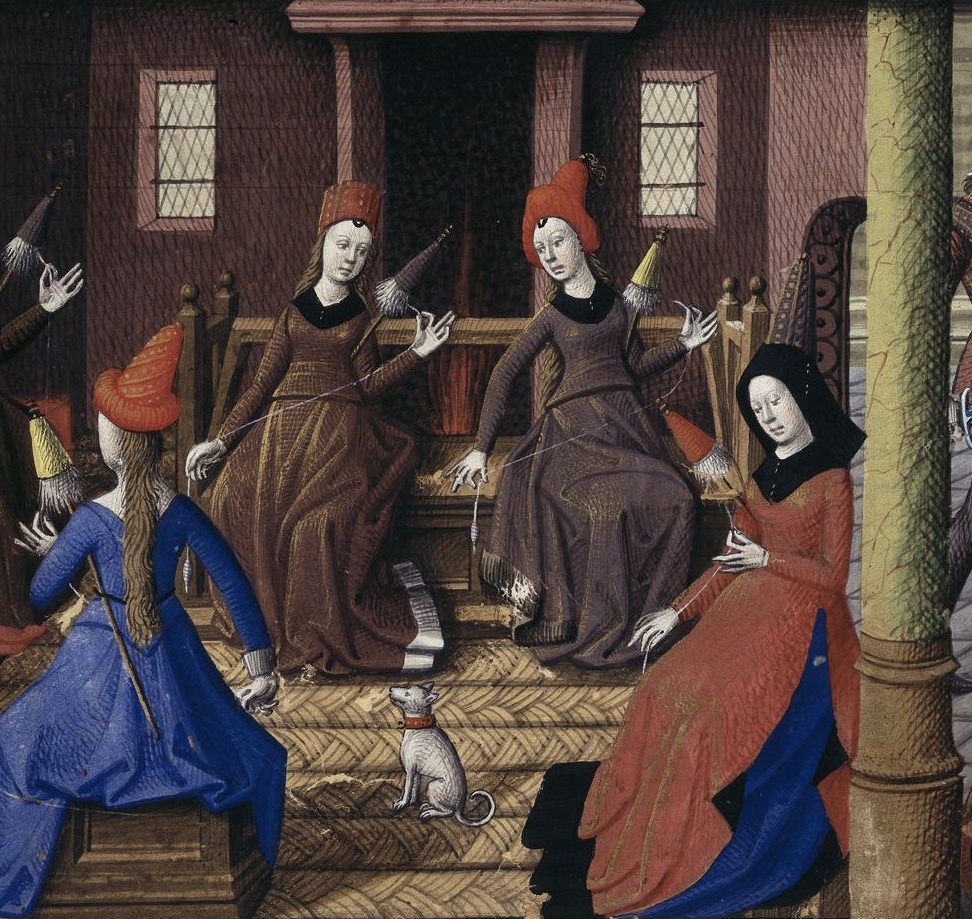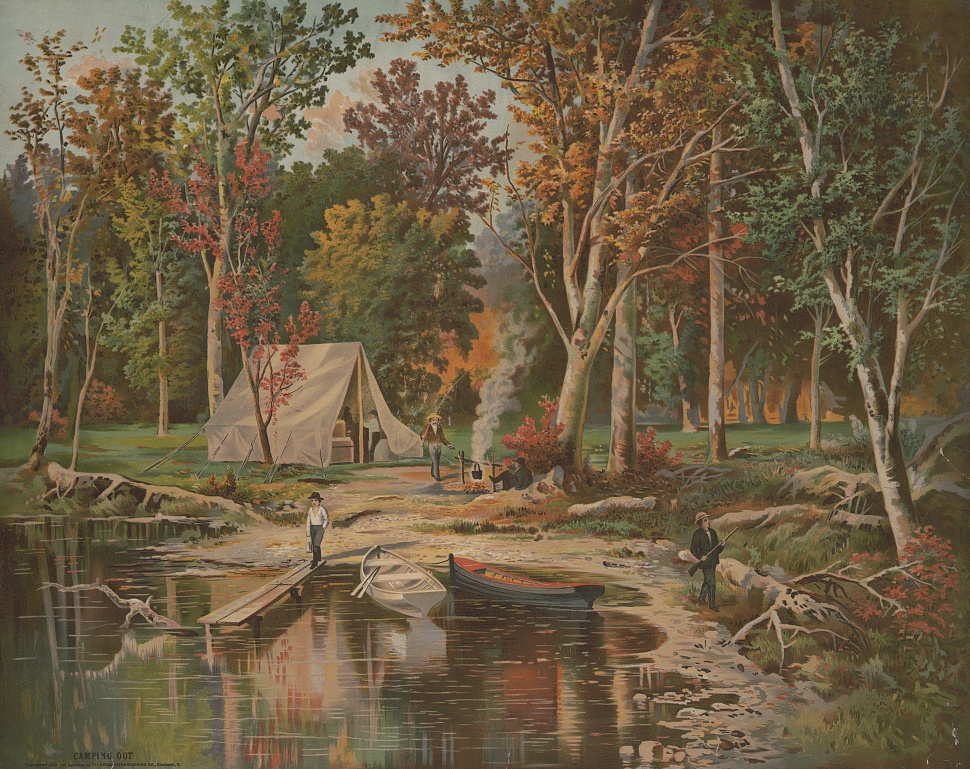Labor Day commemorates the American worker. But one group of American workers is often overlooked – the domestic worker. Households and families have required work since the dawn of time. Daily chores such as cooking, cleaning, and caring for children and the elderly are usually performed by women. These women – mothers, daughters, female relatives, servants, or slaves – labored for free or for low wages. Historically and today, domestic work ranks at the low end of the scale in both respect, wages, and benefits.
In 1894, in Far and Near, a publication for working women, attitudes not so different from today toward domestic service were explored:
Servants are constantly looked down upon (1) by other classes of laborers or workers, (2) by themselves, one grade of servants having nothing to do with another grade, (3) by a very few employers. Until seamstresses, shop-girls, and factory operatives recognize a servant’s calling as just as honorable as their own, demanding equal intelligence, domestic service cannot hold the rank to which it is entitled . . . An intelligent maid of all work, or general housemaid, is fully the equal of a girl who runs one machine. (July 1894, p. 125)
Select the images for a larger view and more information.

Because those who perform domestic labor were and are largely underpaid or unpaid women, the value of domestic labor in the wider economy is overlooked. Unpaid domestic labor is not calculated in the Gross Domestic Product (GPD). Furthermore, the low value placed on domestic labor translates into a lack of appreciation for those who do it.

Today, estimates are that at least 67 million domestic workers (over the age of 15) toil around the world. Even in the 21st century, 80% are women and around 17% are migrant workers. Worldwide, one in 25 female workers are domestic workers. Historically and today, because most domestic workers work private homes, they become invisible. Many become victims in an unequal power relationship with employers and are especially vulnerable to abuse. Even today, employers may ignore laws governing wages, benefits and working conditions for their domestic workers.
Historically and in the 21st century, many women work at paid jobs outside the home. Yet the household work must still be done, either by these working women at the expense of their leisure time, or by partners, other family members, or if the household can afford it, paid domestic workers. In 2015, women spent an average of 2 hours and 15 minutes per day on household activities, compared to 1 hour and 25 minutes spent by men. Women also spent twice as much time caring for household members, according to the Bureau of Labor Statistics.
This year’s Labor Day is the 125th anniversary of this national holiday. In the late 19th century, American labor unions were the leaders in the creation of Labor Day to honor working Americans and in 1894, Congress made the first Monday in September a federal holiday nationwide. The first Labor Day celebrations focused on working-class wage laborers in factories, mines, mills, and railroads. This year on September 2, 2019, also consider those who do domestic work and its value in your life.

Challenge your students to calculate the value of unpaid household labor with this labor calculator. Consider why household labor is undervalued and how this could and should change in their futures.
 To learn more about domestic labor . . .
To learn more about domestic labor . . .
For more about the history of daily life, historical primary sources, and instructional activities by this author:





I could use this primary source to teach 3rd grade students about why we celebrate Labor Day. This could be a referesher lesson and introduce the topic that the domestic workers do not get as much recognition as they deserve.